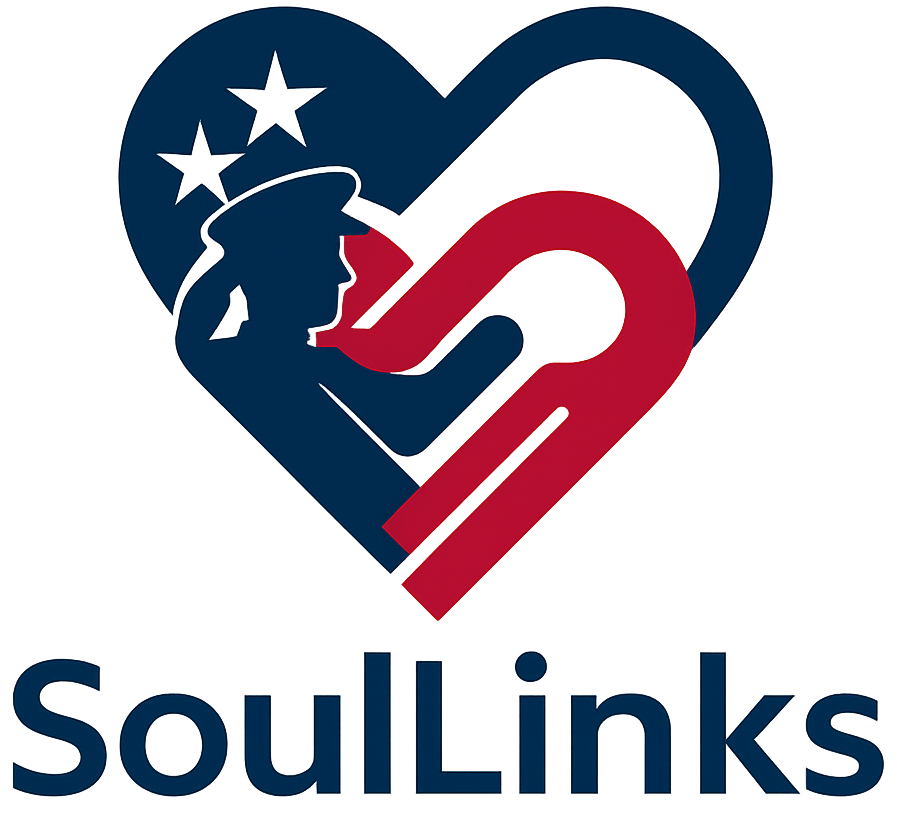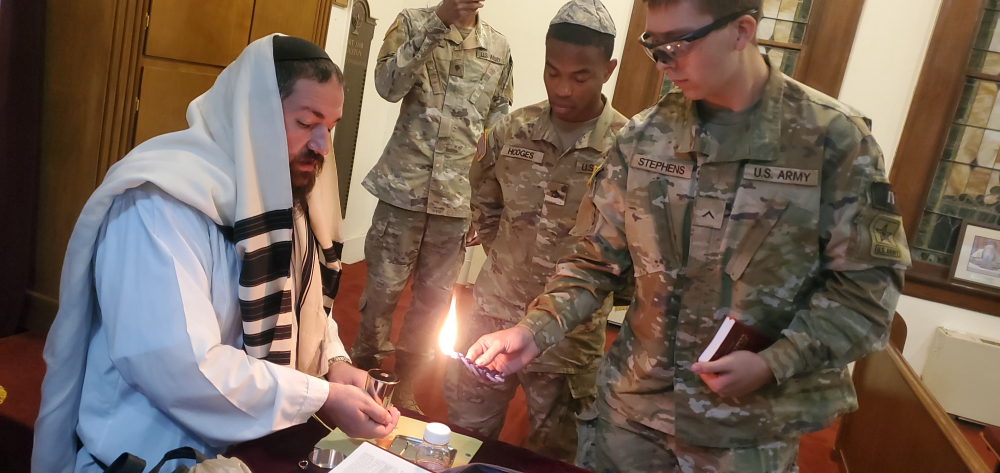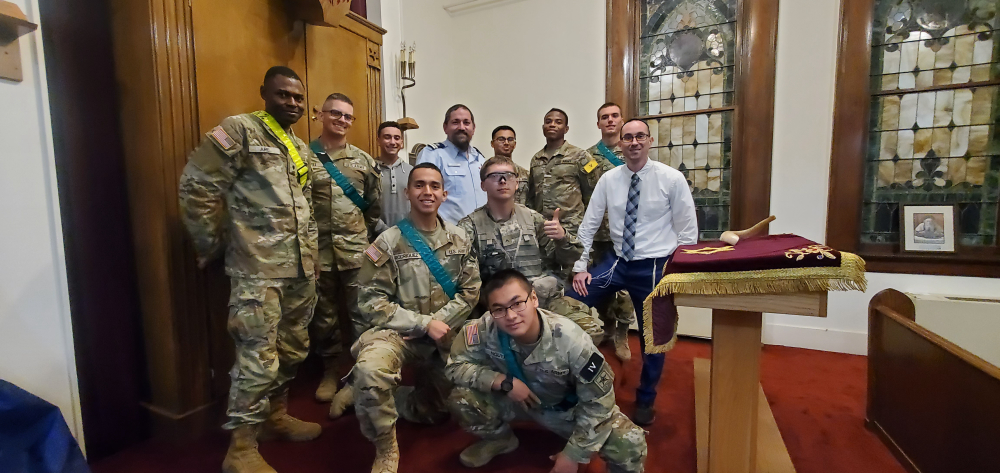Yom Kippur 2025: Return, Renewal & Forgiveness
Step away from the physical so your soul can speak. Embrace reflection, forgiveness, and the chance to begin again.
Thank you for subscribing
Thank you for subscribing
Thank you for subscribing


Observed from sundown Wednesday, October 1, 2025, through nightfall Thursday, October 2, 2025
Yom Kippur — the Day of Atonement — invites us to step back from noise and distractions, to look within with honesty, ask and grant forgiveness, and choose a renewed path with compassion and courage.
The Heart of the Day
At its core, Yom Kippur is not about perfection but about return — returning to our most authentic selves and to our relationship with G‑d. We step away from the physical so our souls can speak. We own our mistakes, we ask forgiveness, and we recommit to better paths. We trust that the door to reconciliation is open — and that every one of us is worthy of mercy.
“For on this day He will forgive you, to purify you, that you be cleansed from all your sins before G‑d.” — Leviticus 16:30
SoulLinks note: This guide is meant to support your personal and communal observance. Please consult your local rabbi for specific questions or circumstances.
Core Practices & Customs
Traditional observance focuses on elevating the spirit by setting aside physical comforts:
Fasting (no eating or drinking for 25 hours, health permitting).
Abstaining from bathing, lotions/perfumes, marital relations, and wearing leather footwear.
Refraining from work (as on Shabbat), centering the day on prayer and reflection.
Wearing white or a kittel (in some communities) symbolizes purity and humility.
If health, pregnancy, age, or medical advice indicates otherwise, fasting should be adjusted or skipped. Jewish law emphasizes life and health (pikuach nefesh).
The Flow of Yom Kippur
Kol Nidrei (Evening) — The moving annulment of vows opens the day with humility and honesty.
Maariv — Evening prayers that frame our entry into sacred time.
Shacharit (Morning) — Praise, confession, and Torah reading on the High Priest’s service.
Musaf — The Avodah recalls the Temple service, inviting us to imagine national atonement and personal renewal.
Minchah (Afternoon) — Continued prayer and introspection; many communities read Jonah, a story of repentance and second chances.
Neilah (Closing) — The “closing of the gates,” a culminating prayer where we pour out our hearts with resolve and hope.
Shofar & Break‑Fast — A final blast, then shared gratitude as the fast concludes.
Before the Fast: Erev Yom Kippur
Reach out to those you might have hurt; ask for and offer forgiveness.
Settle disputes and make amends where possible.
Eat a nourishing pre-fast meal and drink plenty of water.
Many have the custom of immersing in a mikvah and giving extra tzedakah.
Prepare your prayer book, tallit (where applicable), and schedule for services.
Practical Guidance
Health comes first: If you are uncertain about fasting, consult a competent halachic authority and your physician.
Greeting: G’mar Chatimah Tovah — “May you be sealed for a good year.” You can also wish others a Tzom Kal — “easy fast.”
During breaks: Read Psalms, reflect quietly, journal, or rest as needed.
Reflections to Carry Into the Day
Radical mercy: Trust that G‑d’s compassion is broader than our failures.
Ownership without despair: Admit missteps while choosing growth over shame.
Release: Let go of resentments and guilt that no longer serve.
Vision: Name one courageous change you will begin after the fast.
Community: Lean on the strength of praying and learning together.
G’mar Chatimah Tovah
From all of us at SoulLinks, may you be sealed in the Book of Life for goodness, health, and peace. May this Yom Kippur open the door to renewal, reconciliation, and deep inner joy.
Questions about observance or community prayer options? Email us.


© 2025 SoulLinks. All rights reserved.